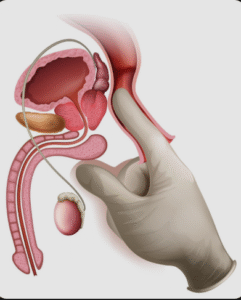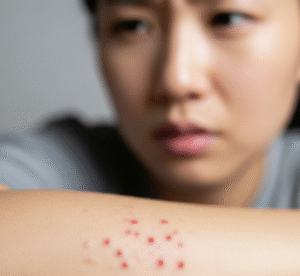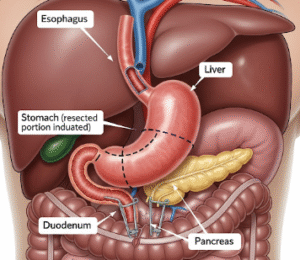Overview
Roundworms are parasitic intestinal worms that infect humans, causing a condition known as ascariasis. They are among the most common parasitic infections worldwide, especially in areas with poor sanitation. In Korea, improved hygiene and medical care have reduced prevalence, but diagnosis and treatment remain important for affected individuals.
What are Roundworms?
Roundworms (Ascaris lumbricoides) are large intestinal parasites that live in the human small intestine. They can grow up to 30 cm long and reproduce inside the host, leading to various digestive and systemic symptoms depending on the worm burden.
Symptoms
- Often asymptomatic in mild infections
- Abdominal pain and discomfort
- Nausea, vomiting, or diarrhea
- Weight loss and malnutrition in heavy infections
- Intestinal blockage in severe cases
- Cough or respiratory symptoms if larvae migrate through lungs
Causes
- Infection occurs by ingesting roundworm eggs from contaminated soil, food, or water
- Poor sanitation and hygiene facilitate spread
Risk Factors
- Living in areas with inadequate sanitation
- Consumption of unwashed vegetables or contaminated water
- Children playing in soil contaminated with human feces
- Poor personal hygiene
Complications
- Intestinal obstruction or perforation
- Malnutrition and growth delays in children
- Respiratory issues during larval migration
- Secondary bacterial infections
Prevention
- Proper sanitation and sewage disposal
- Thorough washing of hands, fruits, and vegetables
- Avoiding ingestion of contaminated food or water
- Public health education on hygiene practices
Treatment Options in Korea
Korean healthcare providers offer effective management for roundworm infections:
- Antiparasitic Medications: Albendazole or mebendazole are commonly prescribed to kill the worms.
- Supportive Care: Nutritional support and treatment of complications.
- Diagnostic Testing: Stool examinations and imaging if complications are suspected.
- Public Health Measures: Education and sanitation improvements to reduce transmission.













